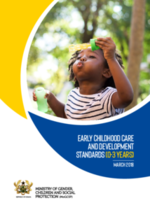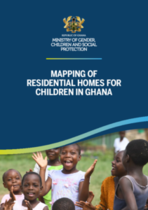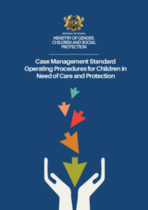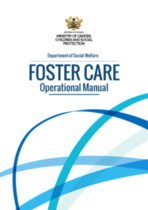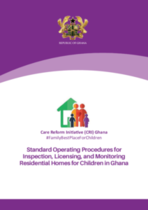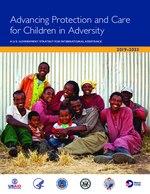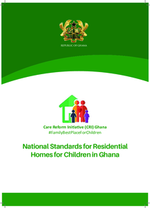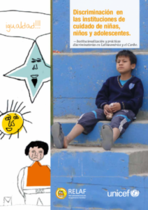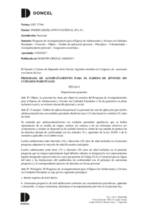Early Childhood Care and Development Standards (0-3 years)
This document on 0 – 3 years standards was developed to complement the other existing Early Childhood Care and Development (ECCD) documents which provide guidelines for caregivers in Ghana, including parents, towards achieving the developmental milestones or competencies within the age bracket 0-3.

